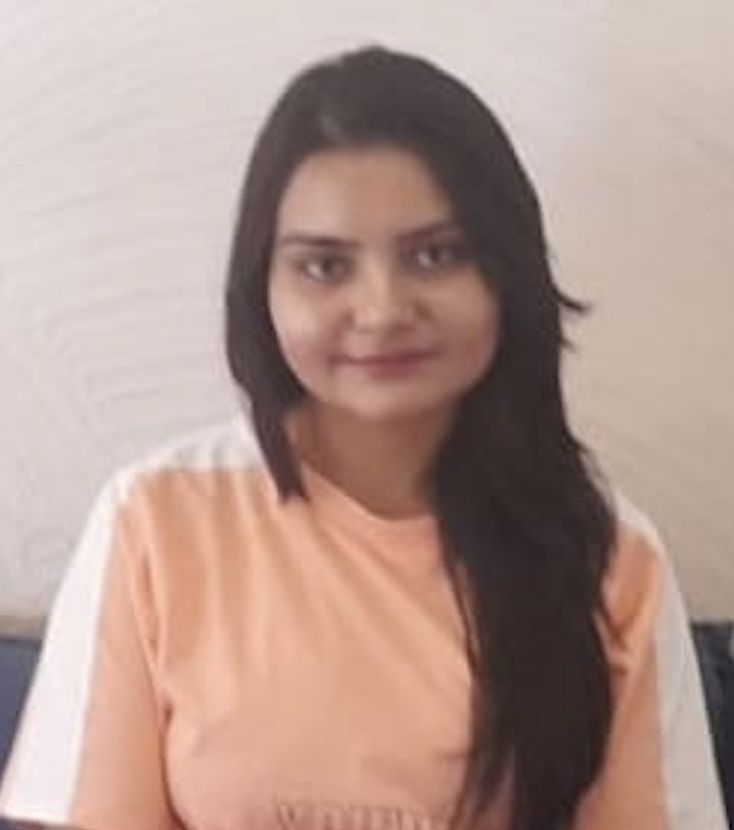Graph Machine Learning Foundations and Applications (AI60007) / Autumn,2024
News
Course Description
Graphs have widely been used in representing problem scenarios in different domains. Subsequently, several computational models have been developed to process graph representations. Machine learning, like in many other domains, have been used to model different tasks on graphs including graph clustering, node classification, link prediction etc. Deep learning models though are proven to be very effective in domains like computer vision, text processing etc., cannot be directly applicable in irregular data representation like graphs. Subsequently, a new paradigm of machine learning (graph machine learning) has emerged. Right from its emergence, it has been widely adopted in diverse domains including social networks, protein-protein interaction networks, drug disease interactions etc. Along with its effectiveness on graph data, graph machine learning has also improved the state-of-art in the domains (e.g., computer vision, text processing) where traditional deep learning architectures have ruled. Considering the rapid adoption of graph machine learning and its effectiveness, this course is proposed to develop the theoretical foundation of graph machine learning models and their use in real world applications in diverse domains.
Course Logistics
- Lecture Hours:
- Wednesday [11:00 AM to 11:55 AM]
- Thursday [12:00 PM to 12:55 PM]
- Friday [08:00 AM to 08:55 AM]
- Classroom: Nalanda Classroom Complex -
NR-213 - L-T-P & Credits:
3-0-0&3 Credits
Grading Policy
- Semester Examinations:
- Mid-Semester Examination:
25% - End-Semester Examination:
35%
- Mid-Semester Examination:
- Assignment:
35% - Attendance:
5%
Assignment Plagiarism Policy
- Code plagiarism will be checked on the designated blocks which the students have to code.
- No penalty till 20% (Baseline).
- Each 10% increase over baseline will cost 1 mark, Beyond 70% absolute -2 (negative).
- Two groups having similar code will be penalized with the same amount. No arbitration will be done.
- Late submission policy: One week window with a penalty of 3 marks.
Advisory: Using GenAI tools for solving assignment is discouraged as this will increase the probability of plagiarism with others who may choose the same path. [One can always consult TA's on their given emails for any further clarification (or) any help]
Assignment [Submission Portal and Groups]
You can submit the assignments by clicking on this submission portal link.
Moodle Course GroupsAssignment 1 due date: [23-08-2024]
Assignment 2 due date: [13-09-2024]
Assignment 3 due date: [17-10-2024]
Assignment 4 due date: [15-11-2024]
Prerequisites
- Deep Learning: Foundations and Applications (AI61002) or Deep Learning (CS60010)
Honor Code
Academic integrity is very important for us. You are required to follow the honor code to maintain academic integrity.
- Your solutions against assignments, tests must be entirely your own (Exception: You may collaborate if instructed by the faculty).
- You may not share your solutions for the scheduled assignments and tests with your peers unless instructed by the faculty.
Previous Offerings
Autumn-22Instructor
Teaching Assistants

Trishita Mukherjee
trishitamukherjee77@gmail.com

Kishalay Das
kishalay.msit@gmail.com


